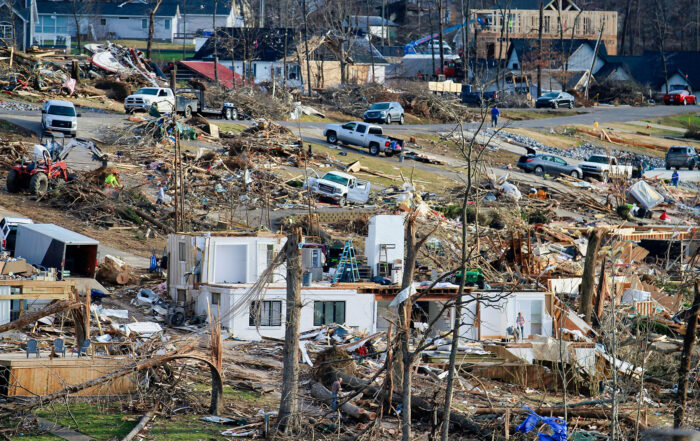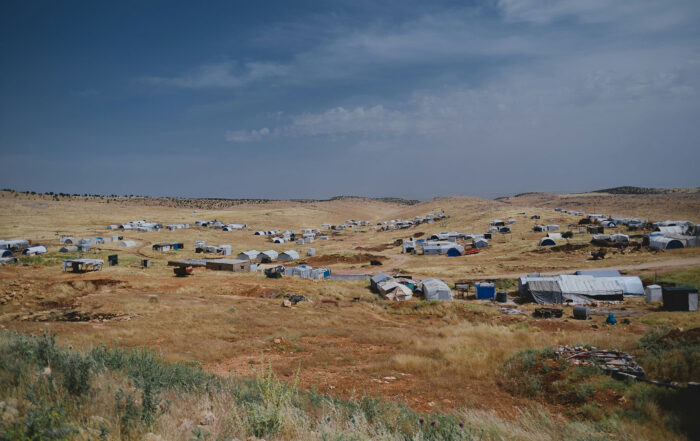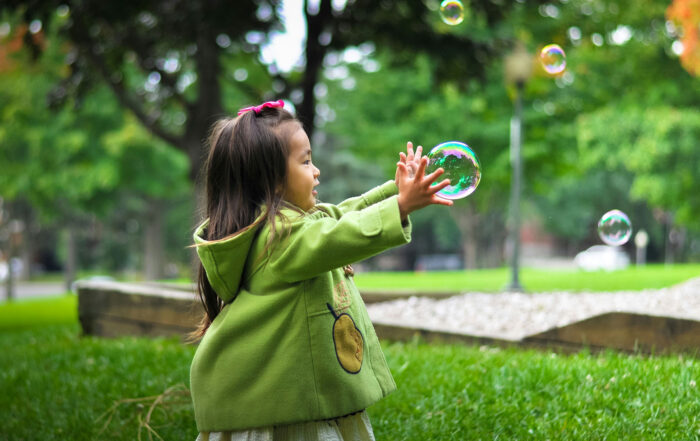
By the Center for Disease Control
The CDC-Kaiser Permanente Adverse Childhood Experiences (ACE) Study is one of the largest investigations of childhood abuse and neglect and later-life health and well-being.
The original ACE Study was conducted at Kaiser Permanente from 1995 to 1997 with two waves of data collection. Over 17,000 Health Maintenance Organization members from Southern California receiving physical exams completed confidential surveys regarding their childhood experiences and current health status and behaviors.
The CDC continues ongoing surveillance of ACEs by assessing the medical status of the study participants via periodic updates of morbidity and mortality data.
More detailed information about the study can be found in the links below or in “Relationship of Childhood Abuse and Household Dysfunction to Many of the Leading Causes of Death in Adults,” published in the American Journal of Preventive Medicine in 1998, Volume 14, pages 245–258.
“As the ACE study has shown, child abuse and neglect is the single most preventable cause of mental illness, the single most common cause of drug and alcohol abuse, and a significant contributor to leading causes of death such as diabetes, heart disease, cancer, stroke, and suicide.”
– Bessel Van Der Kolk, M.D.
Share This Post!
Behavioral Health Conditions in Children and Youth Exposed to Natural Disasters
Supplemental Research Bulletin, Substance Abuse and Mental Health Services Administration This Supplemental Research Bulletin focuses on mental health and substance use (behavioral health) conditions in children and adolescents following exposure to [...]
Many Refugees Dealing with Trauma Face Obstacles to Mental Health Care
By Erica Zurek and Alander Rocha Refugees are arriving in the U.S. in greater numbers this year after resettlement counts reached a 40-year low under President Donald Trump. These new arrivals, like [...]
The Dangerous Impact of Racial Trauma on the Black Community
By Maia Niguel Hoskin Psychologists use the term trauma to describe an emotional response to a terrible event like an accident, rape, or natural disaster. Racial trauma, or race-based traumatic stress, [...]
California Surgeon General on Covid: ‘Greatest collective trauma’ of a generation
By Maanvi Singh When Dr. Nadine Burke Harris was first appointed California surgeon general, she set out to address the toxic stress and trauma plaguing the state’s most vulnerable residents. Then [...]
States Address ACEs and Trauma and Build Resilience
By Anna Heard Adverse childhood experiences (ACEs) are potentially traumatic events that can affect a person’s health, well-being and success into adulthood. The COVID-19 pandemic has exacerbated these dynamics by disrupting [...]
Adult ADHD and Childhood Trauma: Is there a link?
By Keri Wiginton If you’re an adult with ADHD, you’re among millions of other grownups who also live with it. Scientists know your genes play a major role in your chances [...]







